|
Four HDMA faculty members are listed in the World's TOP 2% Scientist List Our HDMA Center has four faculty members (Ming-Hsiang Tsou, Brian Spitzberg, John Elder, and Eyal Oren) are listed in the recently released World's Top 2% Scientist List published by Stanford University. There are total 80 faculty members at SDSU included in this list (6 of them are currently in Geography faculty). The ranking of scientists can be found in the link here. New Book Release: Theorizing Mediated Information Distortion - The COVID-19 Infodemic and Beyond by Dr. Brian H. Spitzberg We are thrilled to announce the latest publication by one of the founding members of the HDMA Center, Dr. Brian H. Spitzberg. Titled Theorizing Mediated Information Distortion: The COVID-19 Infodemic and Beyond, this book delves deep into the intricate world of information distortion within the media landscape, with a focused exploration of its implications during the COVID-19 pandemic. Dr. Spitzberg employs methodologies such as the M3D model and big data analysis to dissect the phenomenon of misinformation, disinformation, conspiracy theory, fake news and pseudoscience in relation to the COVID-19 pandemic. Please check the sale link , book description in pdf for details of the book. NBC 7 News interview about our COVID-19 Research. Dr.Ming-Hsiang Tsou was interviewed by NBC7 News to highlight our COVID-19 Research Work and the recent AAG paper publication (doi:10.1080/24694452.2022.2149460). Thanks to our HDAM Center team for their collaborative works! Dr. Atsushi Nara, Dr. Gabriela Fernandez, and our wonderful students, Jessica Embury, Jaehee Park, Jian Xu, and Christopher Swindell. Check the link for details. SDSU Inspires Action: U.N. Sustainable Development Goals on Display SDSU Inspires Action: U.N. Sustainable Development Goals on Display is an extraordinary exhibit exploring the 17 United Nations Sustainable Development Goals and how students, researchers, faculty, and staff at SDSU are supporting these efforts and global actions. The exhibit consists of two parts: Metabolism of Cities Living Lab SDSU 4 SDGs “Leave No One Behind” Exhibition and Libraries and Sustainability: Working Toward the U.N. Sustainable Development Goals in the SDSU Library. Everyone is welcome to join! Learn more about the exhibit in the link in bio.
You are Invited to the Exhibit Grand Opening and Ribbon Cutting —
Tuesday, February 21, 2023
12:30 - 1:30 p.m.
SDSU University Library
------------------
The Metabolism of Cities Living Lab (MOC-LLAB), housed within the Center for Human Dynamics
in the Mobile Age in the Department of Geography, College of Arts and Letters at SDSU,
proposes localizing the SDGs. The lab works to promote climate action and build momentum
toward climate change awareness, adaptation, and inclusivity. It gives a voice to vulnerable
populations through education, art, big data analytics, research, story-telling, beach
cleanups, citizen science, seminars/conferences, tailor-based educational campaigns, digital
talks, publications, capacity building and more. The SDSU Beyond Borders: Digital Talks
Series, and Suscitatio Terminus "Awakening Border” art mural was inspired by the U.N. Global
Goals and the U.S.-Mexico international border.
HDMA Center received funding from the SDSU. The HDMA Center received a new funding award from the SDSU Division of Research and Innovation (DRI) to develop three pilot projects in the next two years (2021-2023): 1). (led by Dr. Lourdes Martinez) Conduct an online survey to assess vaccine beliefs and resistance toward COVID-19 vaccination among a sample of San Diego County residents. 2). (led by Dr. Gabriela Fernandez) Develop a web-based Sustainable Development Goals (SDG) Tracking Dashboard. 3). (led by Dr. Atsushi Nara) Conduct a neighborhood-level spatiotemporal analysis to examine how human movements have changed across space over time in response to the COVID-19 outbreak and health disparities. We are creating a COVID-19 Research Hub for San Diego Region: https://hdma-sdsu.github.io/. 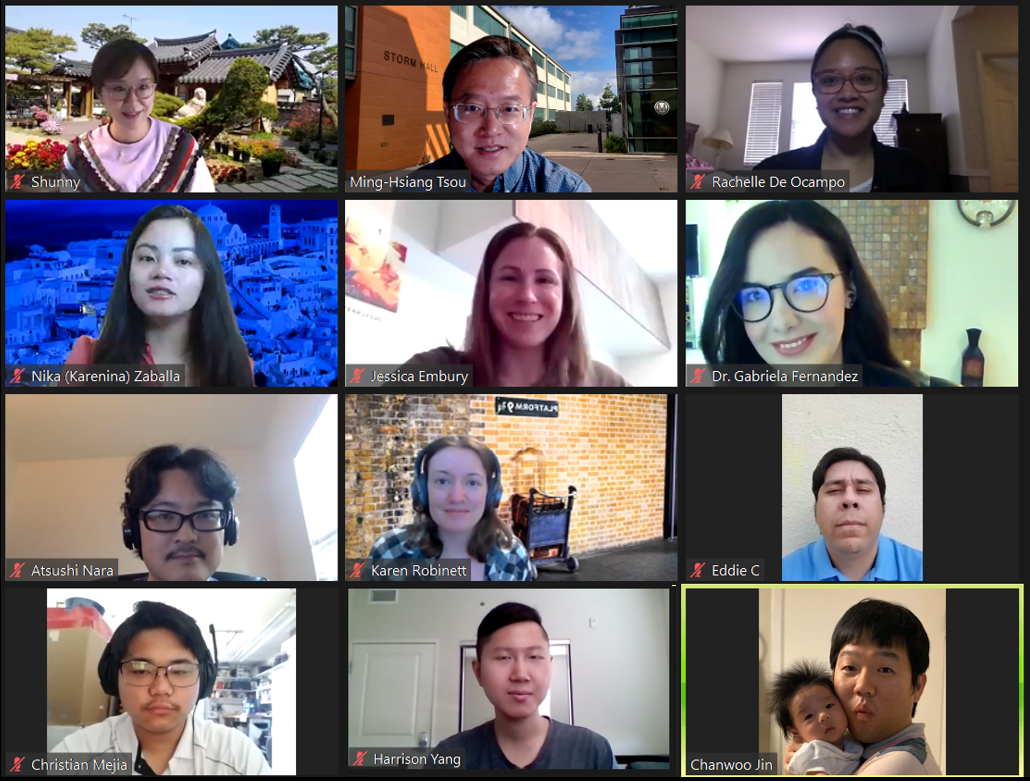 Professor Tsou gives a discussion on the Challenges of Social Media and Big Data by UCSD TV. Professors Shoichiro Hara and Tasuki Sekino from Kyota University visited the HDMA Center on 10/24/2018 Professors Shoichiro Hara from the Center for Integrated Area Studies (CIAS), Kyoto University, Japan, and Professor Tasuki Sekino from International Research Center for Japanese Studies, visited SDSU campus and the HDMA Center to exchange research experiences on Web-based Big Data with Professors Tsou and Nara. Taiwan's NCDR researchers visited the HDMA Center and County's OES on 12/15/2017 Taiwan's National Science and Technology Center for Disaster Reduction (NCDR) researchers (Dr. Chih-Hao Liu, Dr. Chy-Chang Chang, Bau Jeng-Fen, Sung-Ying Chien) visited the HDMA center and San Diego County Office of Emergency Services (OES) and 2-1-1 San Diego on 12/15/2017. Professor Tien-Yin (Jimmy) and faculty members visited the HDMA Center on 7/13/2017 Professor Tien-Yin (Jimmy) Chou and faculty members from the GIS Research Center, Feng Chia University, Taiwan. visited the HDMA Center on 7/13/2017 Professor Chih-Hong Sun visited the HDMA Center on 3/24/2017 Professor Chih-Hong Sun, Department of Geography, National Taiwan University visited the HDMA Center on 3/24/2017 and met with Prof. Tsou to discuss the future academic collaboration opportunities between the two institutes and research projects. 2017 SPRING HDMA Lightning Talk SeriesProfessor Takashi Oguchi visited the HDMA Center on 2/17/2017 Professor Takashi Oguchi, Director of the Center for Spatial Information Science (CSIS), University of Tokyo, visited the HDMA Center and met with Profs. Tsou and Nara to discuss the GIS education projects on 2/17, 2017 Professor Jianya Gong, Professor Wenxiu Gao, and Dr. Yuanzheng Shao visited the HDMA Center on 11/30/2016 Prof. Gong is the director of Wuhan University’s State Key Lab of Information Sciences in Surveying, Mapping and Remote Sensing. Wuhan University, China. Prof. Gao is Professor at the School of Architecture & Urban Planning, Shenzhen University. An Area of Research Excellence In 2013, one of the major initiatives in the San Diego State University's strategic plan is to support areas of excellence, largely through cluster faculty hires. With 28 full proposals submitted from different departments and colleges, only four proposals were funded by the University. Human Dynamics in the Mobile Age (HDMA) is one of the four selected proposal. This new HDMA research cluster will focus on the research opportunities that spring from the convergence of new developments in spatial science, mobile technology, big data, and social behavior research. There is the growing recognition of the importance of spatial and temporal dynamic relationships in explaining processes relevant to human behaviors, public health, and social activities, which has become known as the "spatial turn." A maturing of mobile technology and smart phone devices enables social scientists to collect data on human activities and behavior digitally and to transform their research from qualitative analysis to computational modeling, simulation, and predictions with the focus on dynamic spatial and temporal relationships. Four new faculty lines (in Public Health, Geography, Sociology, and Communication) will be created in 2014 and 2015 to enable synergetic research collaboration among different colleges and departments. 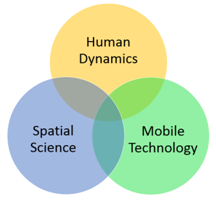 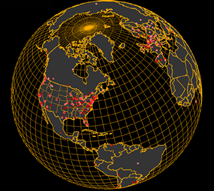
Human Dynamics is a transdisciplinary research field focusing on the understanding of dynamic patterns, relationships, narratives, changes, and transitions of human activities, behaviors, and communications. Our vision for developing HDMA area of excellence, across the Colleges of Arts and Letters, PSFA, and CHHS, is to generate new multiple large-size, collaborative human dynamics research projects (from NSF, NIH, DoD, NICHD, National Institute of Justice, and private sectors) involving the new hires, the core faculty members, and other faculty members participating in the HDMA cluster. San Diego State University will become the national leading research institute in the area of human dynamics, public behavior health, spatial science, big data, and social behavior science. |
Five Core FacultyDr. Ming-Hsiang Tsou (Director)
Dr. Jean Mark Gawron (Board member)
Dr. John Elder (Board member)
Dr. Piotr Jankowski (Board member)
Dr. Brian Spitzberg (Board member)
Along with other 33 founding HDMA faculty members from 14 different departments in 5 colleges. |







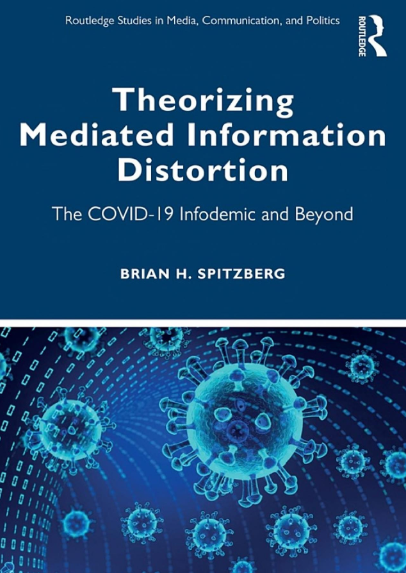
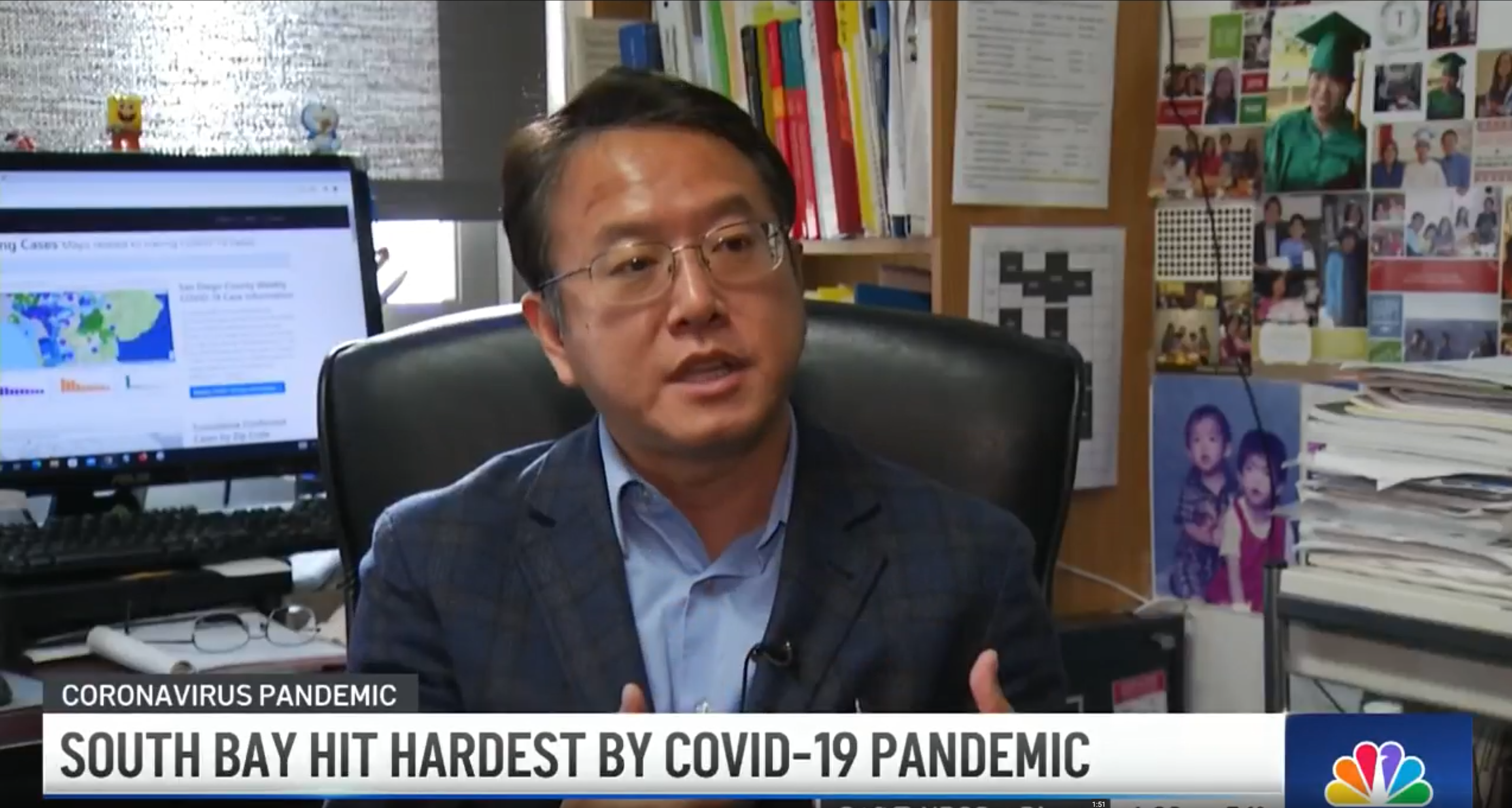
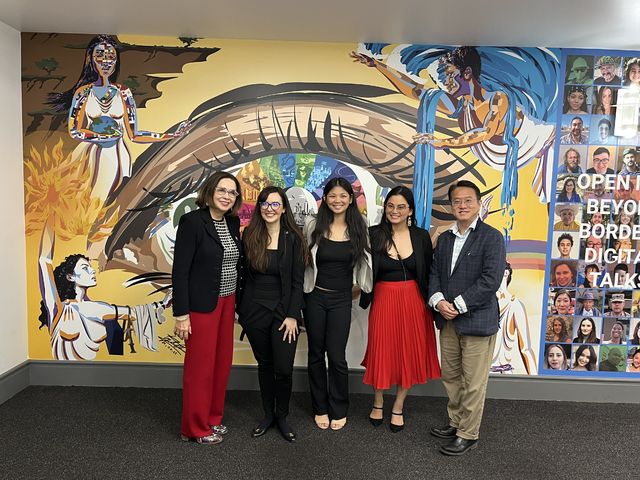
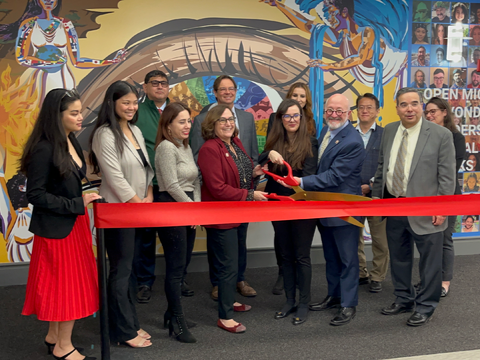
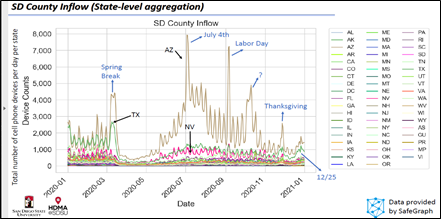
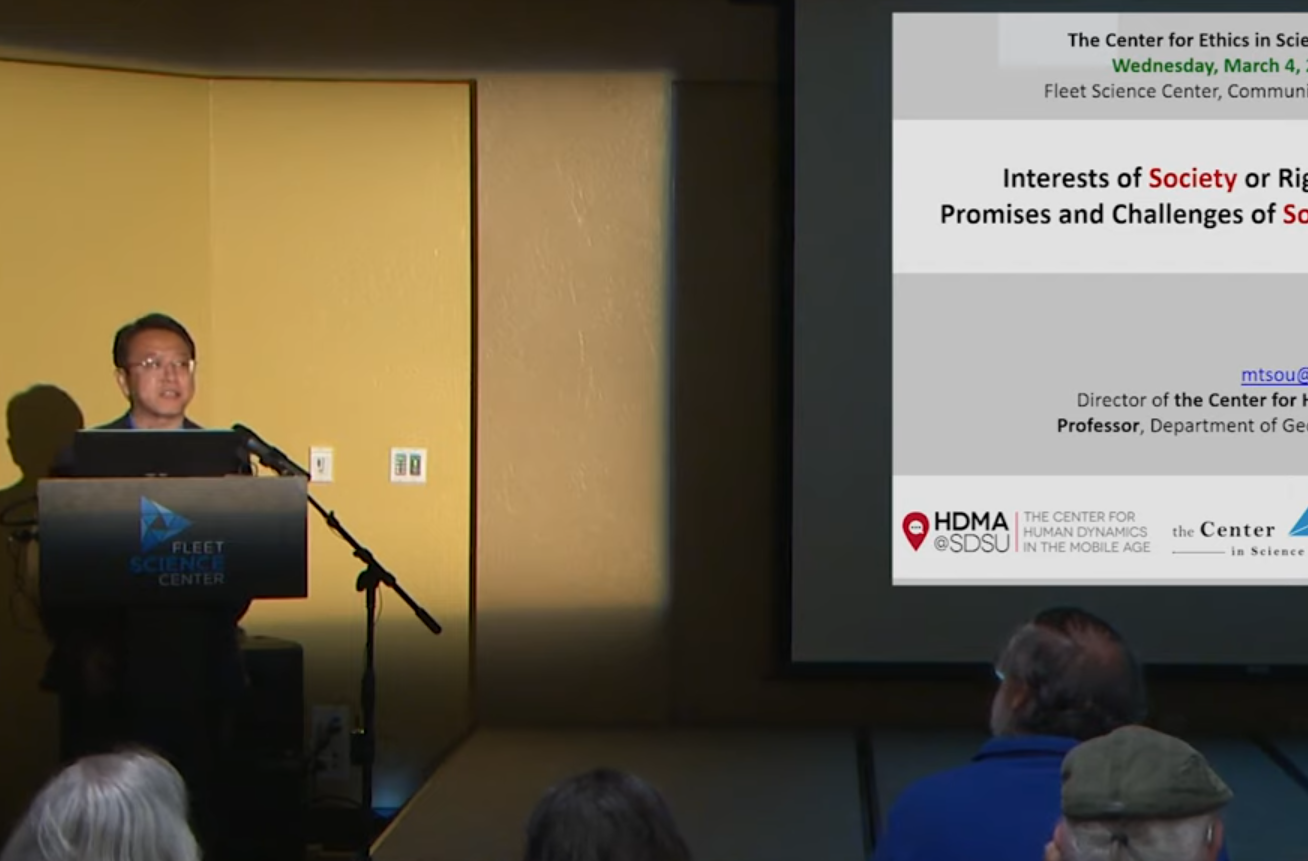
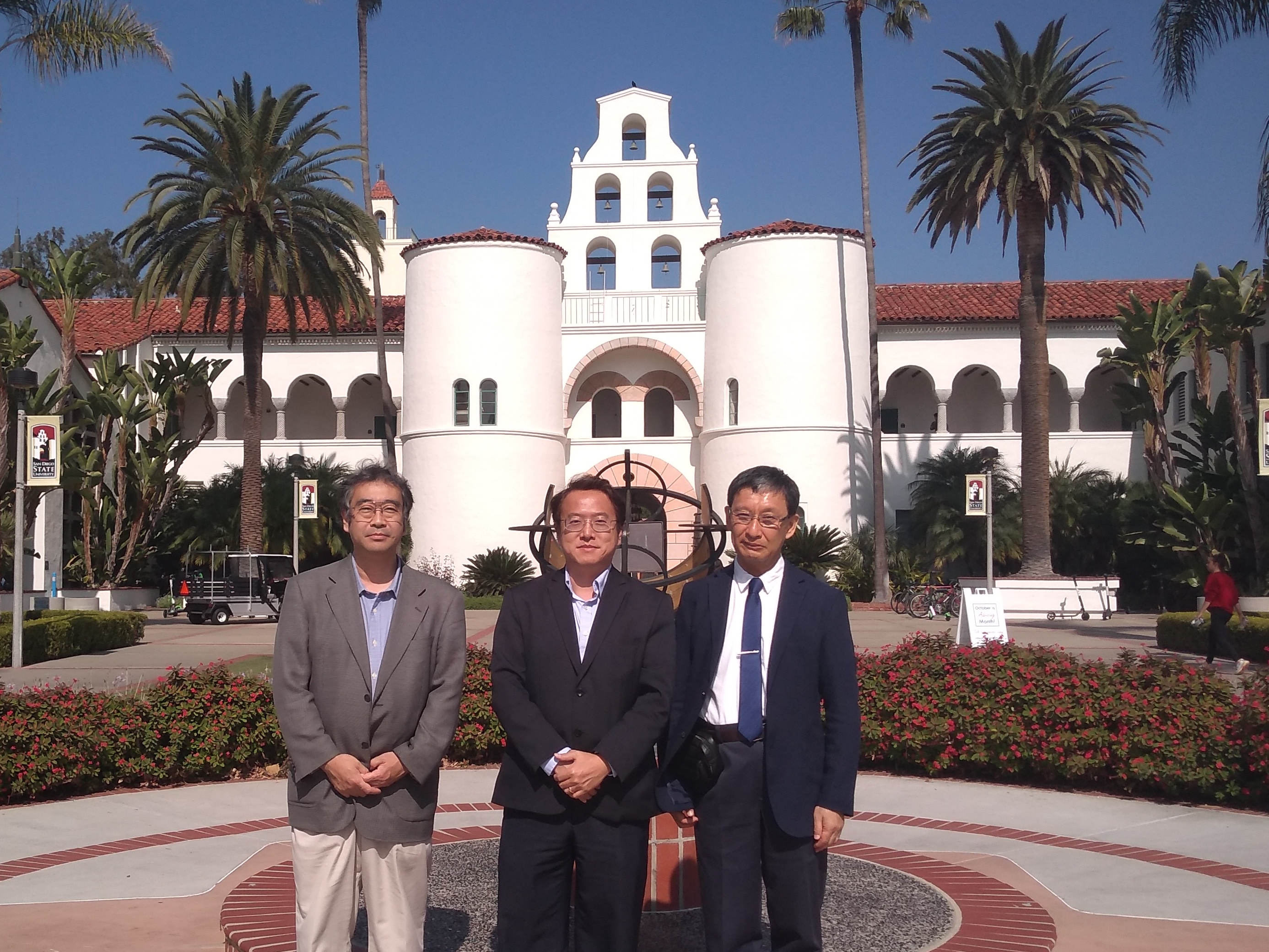
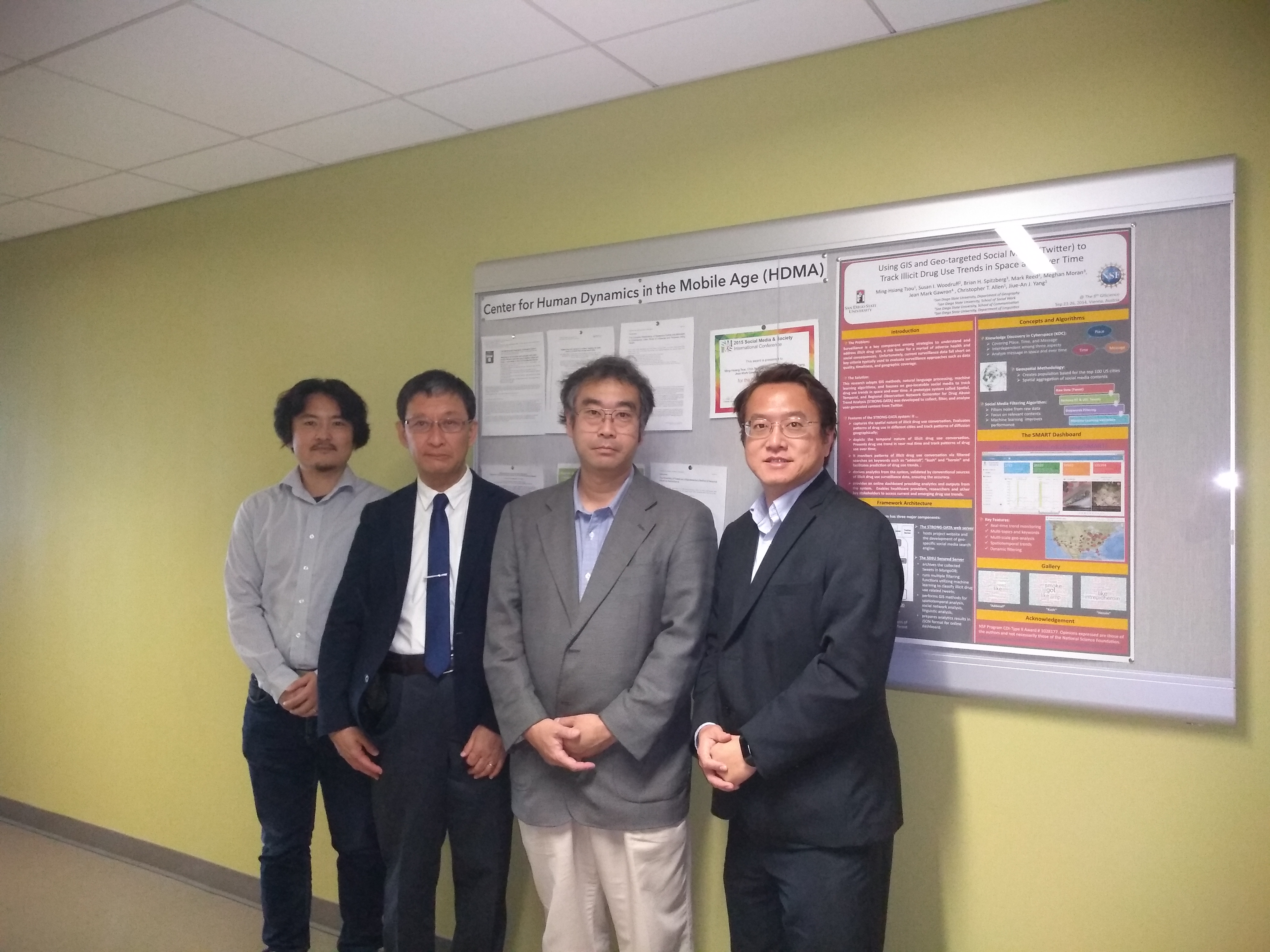
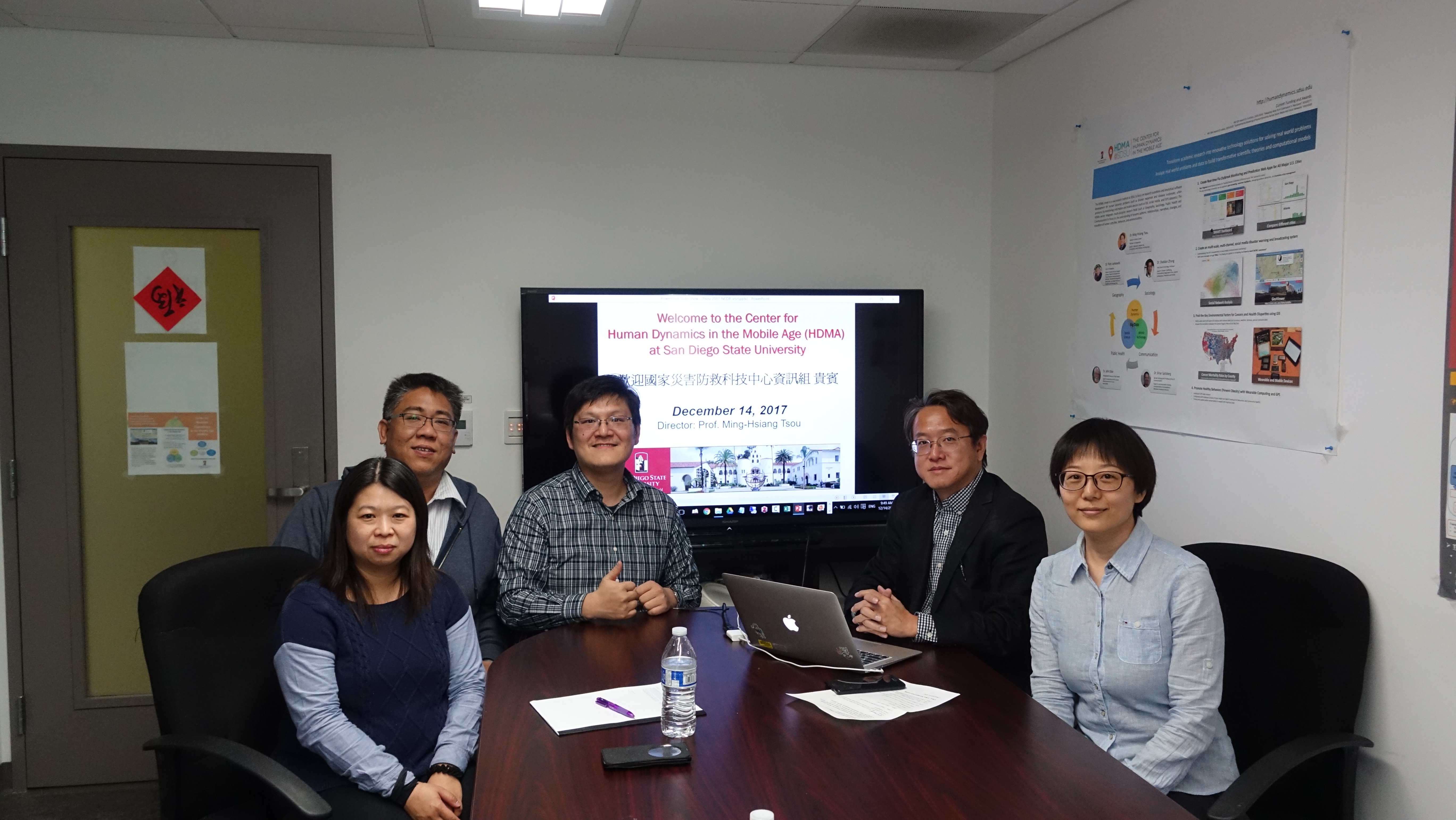
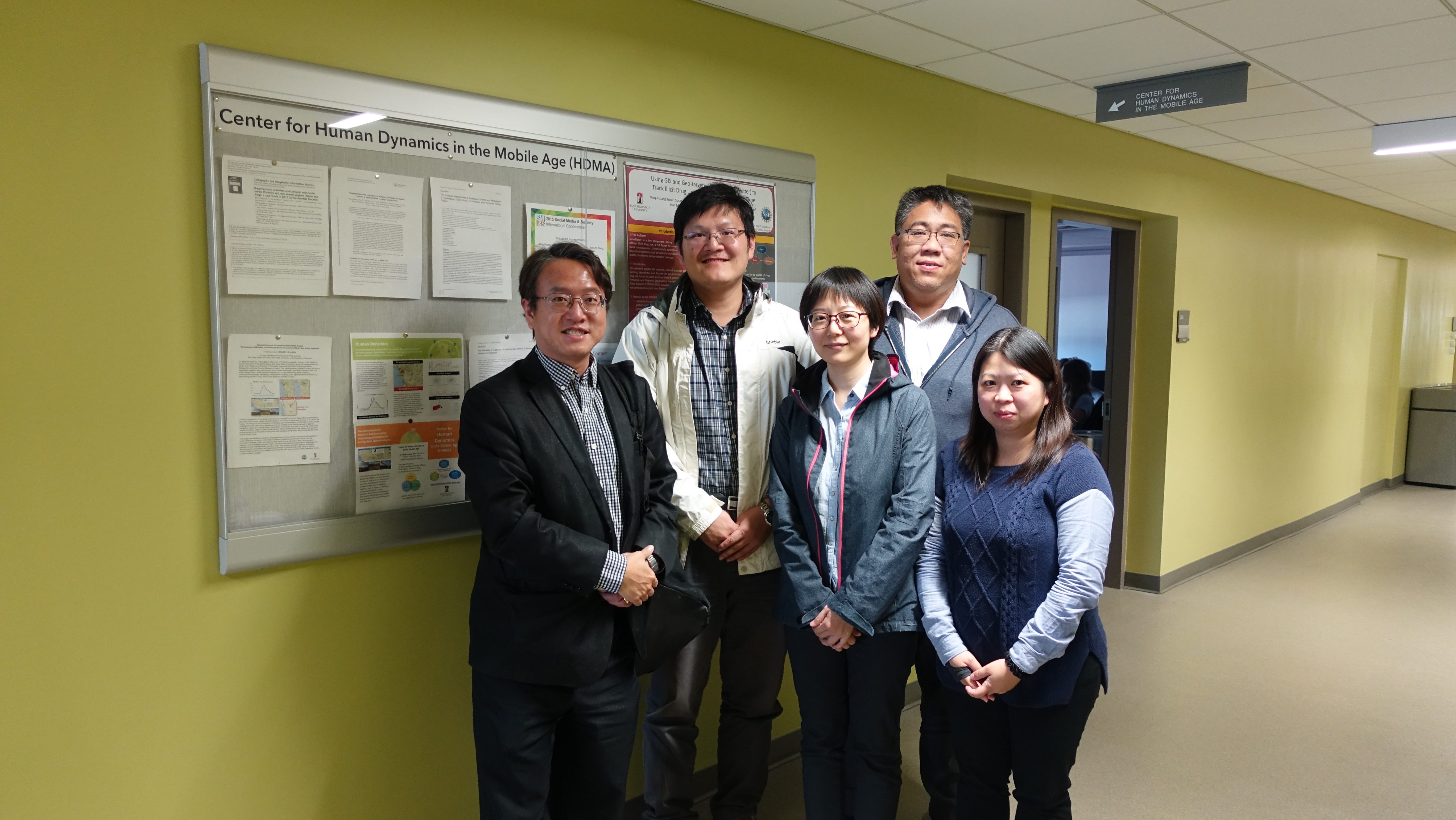
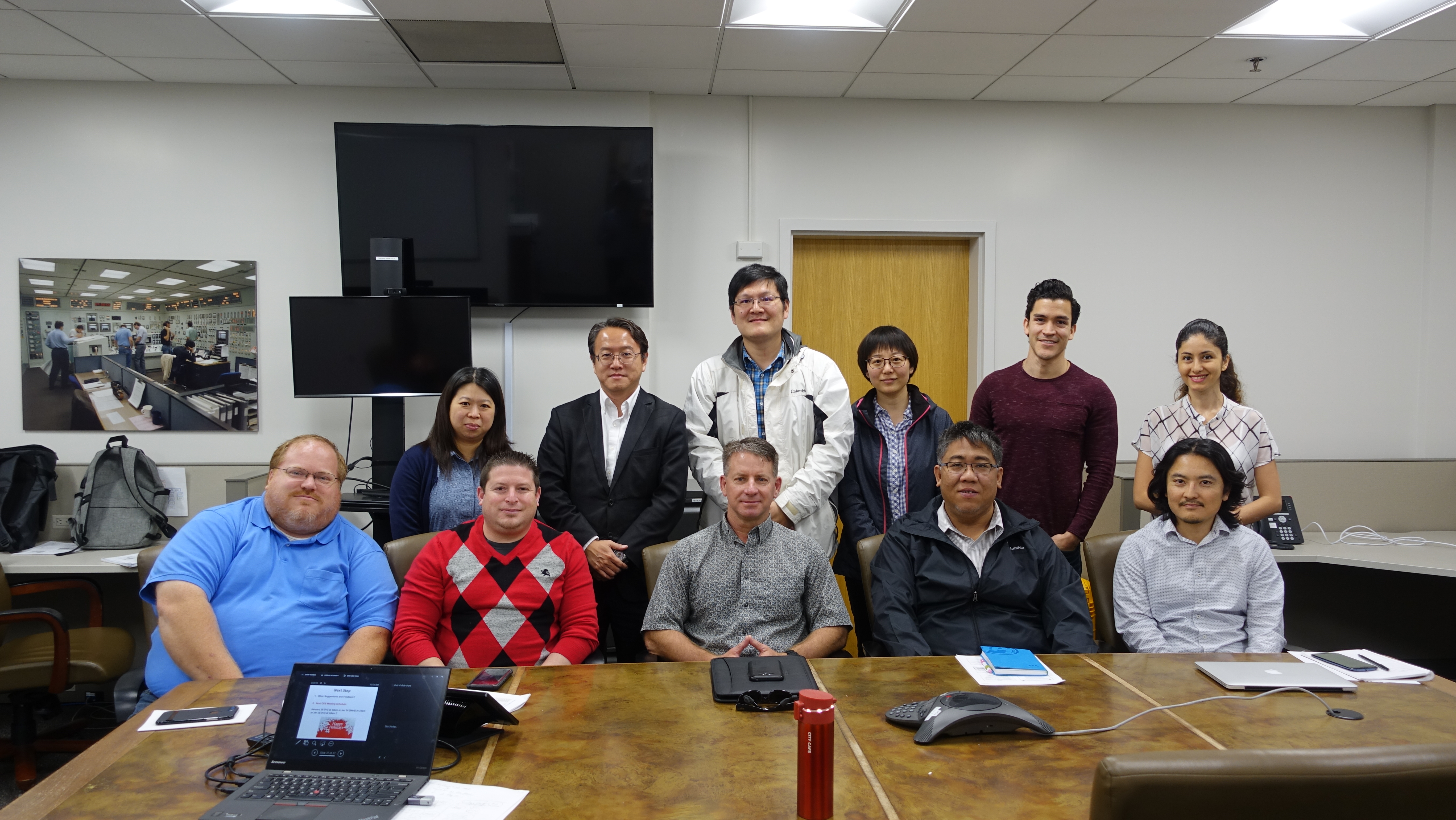
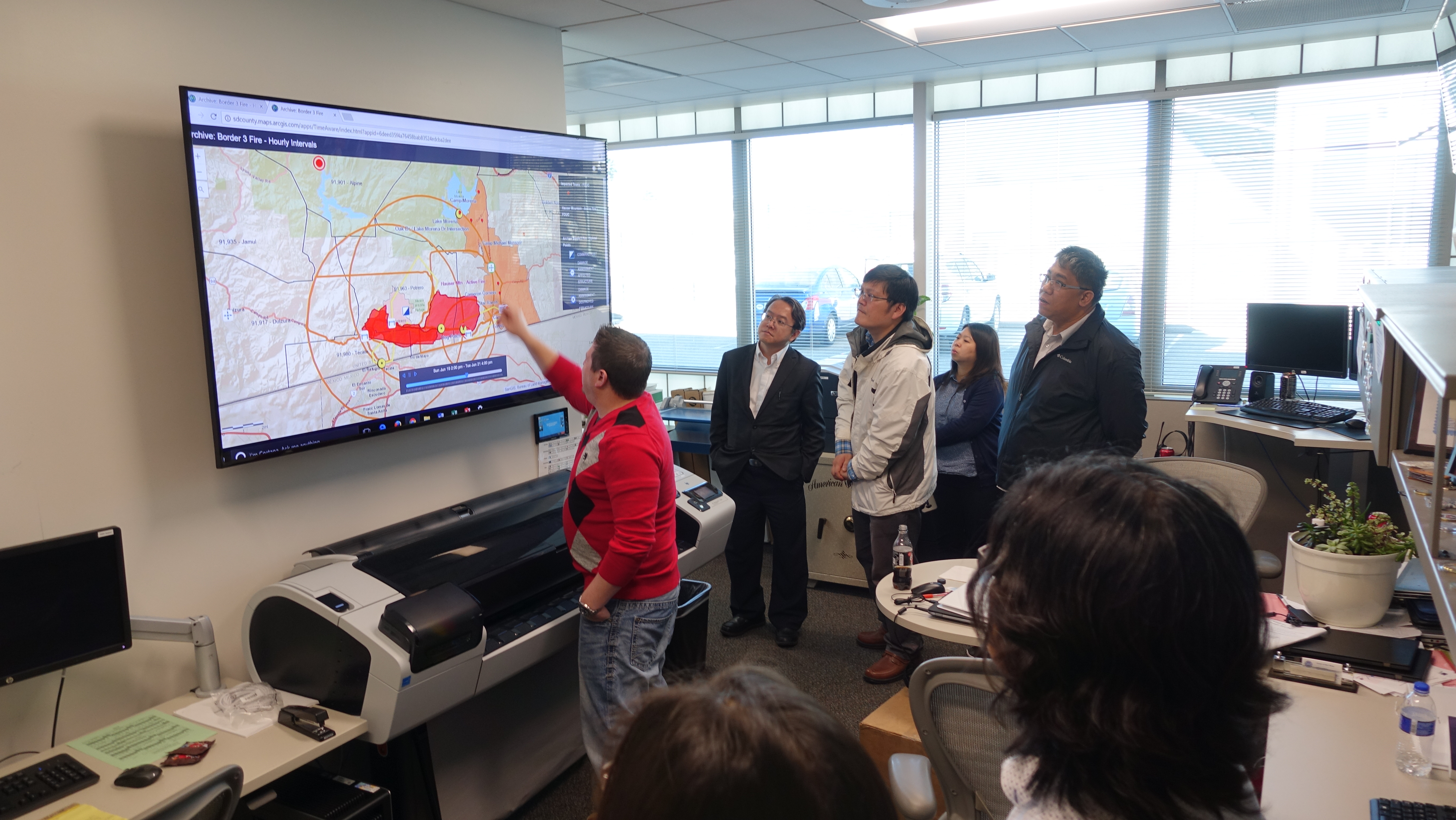
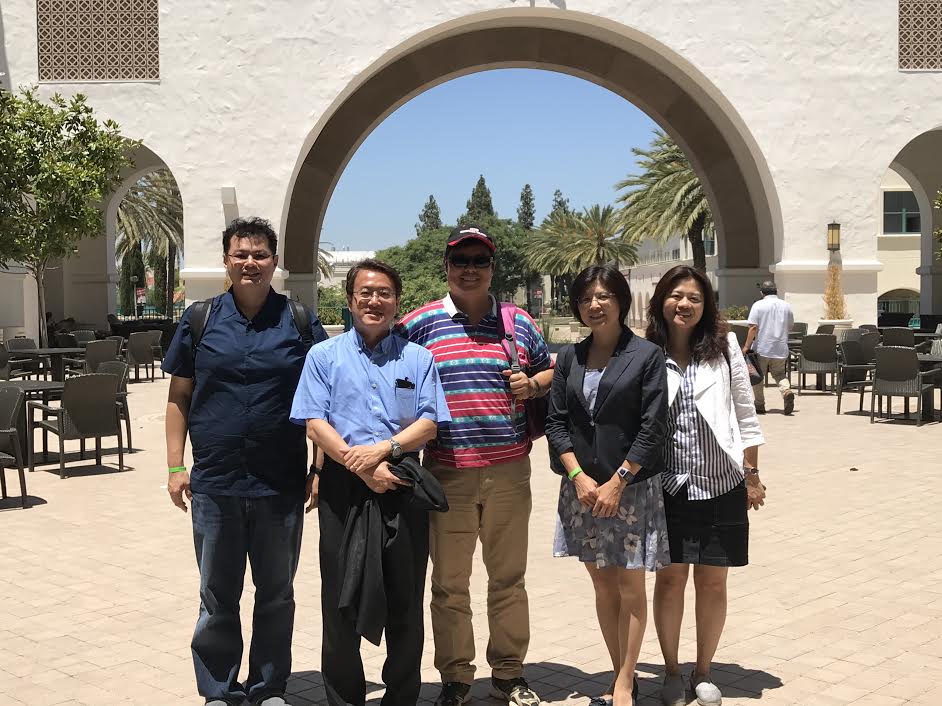
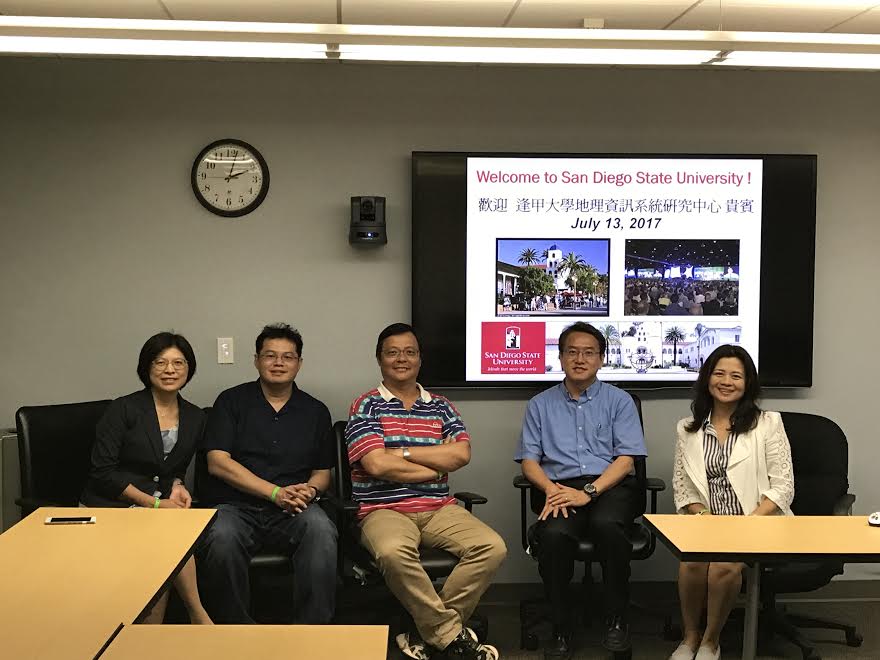
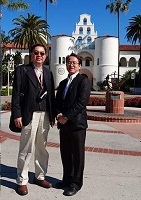

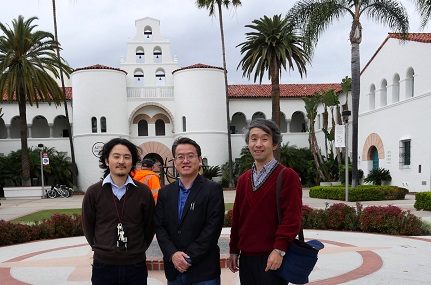

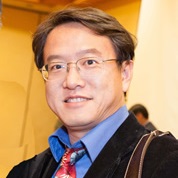 (Director of HDMA Center,
Professor of Geography) 2012 SDSU President's Leadership Fund (PLF) Awards for Excellence,
expert in Web GIS, Mobile GIS, Cartography, Social Media, and Big Data.
(Director of HDMA Center,
Professor of Geography) 2012 SDSU President's Leadership Fund (PLF) Awards for Excellence,
expert in Web GIS, Mobile GIS, Cartography, Social Media, and Big Data.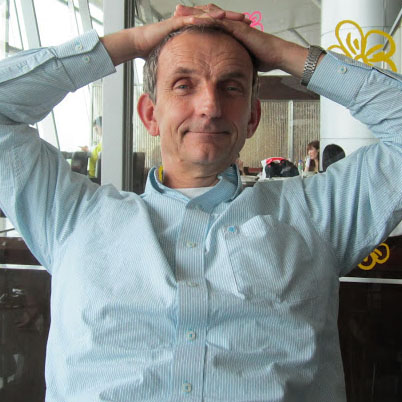 (Professor of Linguistics) Areas of
research include Computational Linguistics (parsing and semantic interpretation, vectorbased
semantics, combining semantic and social network information) and Theoretical Semantics
(logic-based approaches to semantic interpretation).
(Professor of Linguistics) Areas of
research include Computational Linguistics (parsing and semantic interpretation, vectorbased
semantics, combining semantic and social network information) and Theoretical Semantics
(logic-based approaches to semantic interpretation).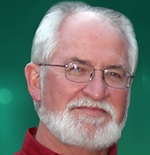 (Distinguished Professor of Public
Health; former director and Senior Core Investigator, Institute for Behavioral and Community
Health [IBACH]) 2012 SDSU President's Leadership Fund (PLF) Awards for Excellence, expert in
randomized trials for chronic disease prevention in Latino communities.
(Distinguished Professor of Public
Health; former director and Senior Core Investigator, Institute for Behavioral and Community
Health [IBACH]) 2012 SDSU President's Leadership Fund (PLF) Awards for Excellence, expert in
randomized trials for chronic disease prevention in Latino communities.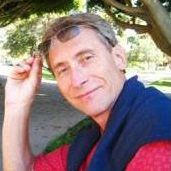 (Chair of Geography), expert in
Spatial Decision Support Systems. Public Participation GIS, Visual Analytics, Geocomputation
Methods, Volunteered Geographic Information, and Water Resource Modeling and Management.
(Chair of Geography), expert in
Spatial Decision Support Systems. Public Participation GIS, Visual Analytics, Geocomputation
Methods, Volunteered Geographic Information, and Water Resource Modeling and Management.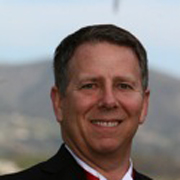 (Senate Distinguished Professor,
School of Communication), expert in communication theories, communicative (in)competence,
obsessive relational intrusion.
(Senate Distinguished Professor,
School of Communication), expert in communication theories, communicative (in)competence,
obsessive relational intrusion.